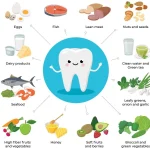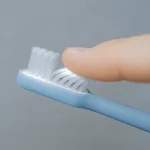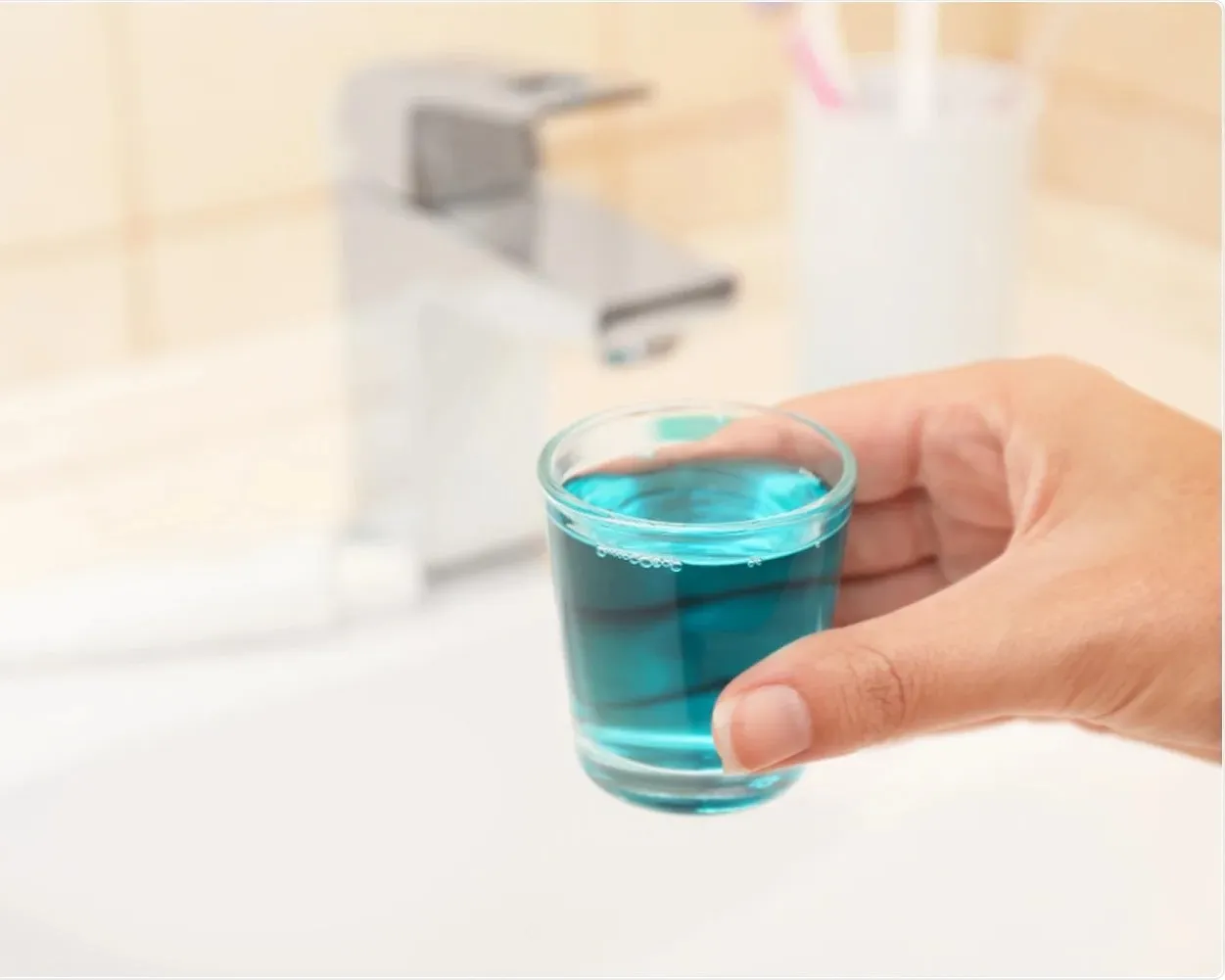Introduction
In the realm of oral care, mouthwash plays a pivotal role in maintaining a clean and fresh mouth. However, understanding the nuances between various types of mouthwashes is essential for making informed choices. Dentists and the American Dental Association (ADA) acknowledge the impact of mouthwash on reducing bacteria, but it’s crucial to discern between cosmetic and therapeutic formulations. Let’s embark on a journey through the mouthwash landscape and unravel the distinctions that guide our oral care decisions.
1. Cosmetic vs. Therapeutic Classification
Mouthwashes are categorized by the FDA as either “cosmetic” or “therapeutic.” Cosmetic mouth rinses, available over-the-counter, may provide temporary breath freshening and particle removal but are often no more effective than water. Therapeutic mouthwashes, available by prescription or over-the-counter, contain active ingredients tested and proven to combat bacteria, making them more efficacious against oral diseases.
2. Efficacy of Cosmetic Mouth Rinses
While cosmetic mouth rinses can offer immediate benefits such as breath improvement and mouth freshness, their effectiveness against bacteria is limited. Many may not go beyond the cosmetic realm and could be akin to rinsing with water.
3. Active Ingredients in Therapeutic Mouthwashes
To be labelled therapeutic, mouthwashes must contain specific active ingredients proven effective against bacteria. Examples include phenol (found in Listerine and Chloroacetic), chlorhexidine (found in Perdix and Corsodyl), and sanguinaria. Anticavity and antifungal therapeutic rinses, like Act+, Fluorogram+, and Lister mint with Fluoride, provide additional protection against tooth decay.
4. Prescription-Only Ingredients
Certain powerful ingredients like chlorhexidine and sanguinaria are available only by prescription, emphasizing their potency. Your dentist may recommend these for heightened plaque or gingival protection.
5. ADA Seal of Acceptance
Products bearing the ADA Seal of Acceptance, indicated by a + symbol, have undergone rigorous testing and received ADA endorsement for their efficacy. Checking for this seal on over-the-counter products ensures they meet stringent standards.
6. Balance of Benefits and Risks
While antimicrobial and antibacterial products aid in reducing plaque and preventing tooth decay, they can also disrupt the balance of good bacteria in the mouth. Individuals prone to conditions like Thrush (oral yeast infection) should discuss these considerations with their healthcare provider.
Conclusion
Choosing the right mouthwash goes beyond the allure of a fresh breath; it involves understanding the formulation and active ingredients. Whether opting for a cosmetic refresher or a therapeutic defender, being informed empowers individuals to make decisions aligned with their oral health goals. Your dentist, especially at KKeswani Dental & Polyclinic, can provide personalized recommendations, ensuring your chosen mouthwash aligns with your unique needs, and the ADA Seal of Acceptance serves as a trustworthy guide in your quest for optimal oral care.




